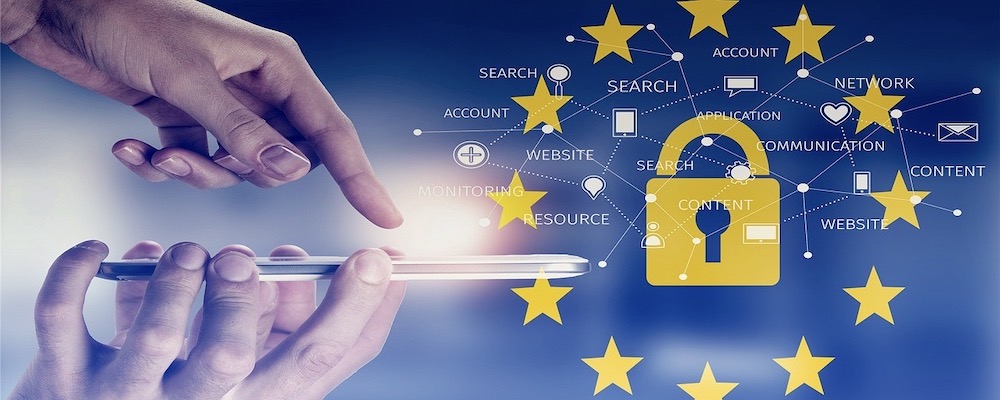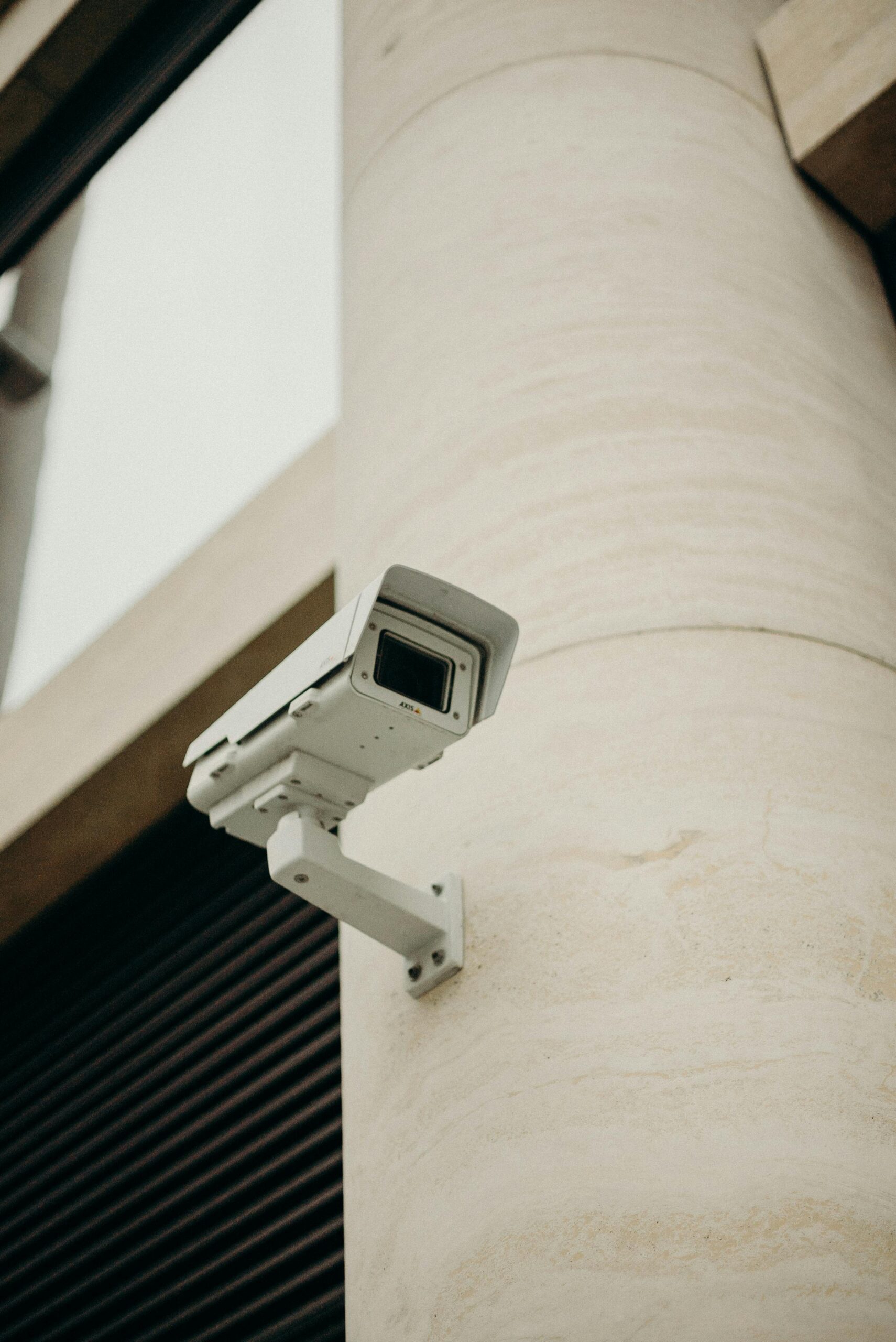‘Licences for Europe’ stakeholder dialogue
Brussels ,4 February 2013
I am very pleased to participate in the launch of the ‘Licences for Europe’ stakeholders’ dialogue and to start this process together with my fellow Commissioners.
How to stimulate creativity, promote culture and increase the circulation of audiovisual content, how to open up education and improve access to knowledge – these issues are at the centre of the debate about copyright in the digital environment.
Copyright protects cultural diversity, rewards creativity and fosters innovation, in the internet era as well. It is the best guarantee of fair remuneration for creators and an important incentive for the cultural and creative sectors to continue producing content.
Allow me to stress once more that output of the cultural and creative sectors is far than negligible: they account for up to 4.5% of EU GDP and employ more than 8 million people.
Appetite for the cultural content is booming: the EU music market represents around a fifth of the € 30 billion global recorded music market. In the first half of 2011, digital sales of music in Europe grew by 23%. Book publishing generated around € 23 billion of net revenues for a retail market value of about € 40 billion in 2011 and the European book publishing industry is the global leader. The audiovisual industry in Europe produces more than 1 100 films per year and employs over 1 million people. European broadcasters play a crucial role, providing funding for over 80% of all original European audiovisual content.
Copyright ensures quality and diversity of cultural content. Without sustainable investment in quality content, it is hard to imagine a growing internet or even thriving social media sites. And without European quality content, it will be difficult to hear a distinctly European voice in the global digital agora.
At the same time, online cultural content is consumed more than ever before: 91% of European internet users read news online, 73% watch TV and 67% listen to the radio.
The knowledge society requires – and European citizens expect – wider and easier access to content, notably to Europe’s rich cultural heritage. They also need more clarity and transparency about both rights and obligations when using and reusing content.
‘Licences for Europe’ is about searching for pragmatic, ‘bottom-up’ and short-term solutions to these urgent questions and, as such, it has my full support. Let me address these questions in turn:
In terms of access to content, cross-border availability is crucial to fulfilling citizen’s expectations. It is unacceptable that Europeans are confronted online with those same borders we have been dismantling in the physical world for over 50 years. There are numerous reasons behind obstacles to cross-border access, some linked with the commercial strategies of Internet distributors and platforms. Your work on cross-border access and the portability of services should help identify the main restrictions and propose adequate solutions.
The Internet gives us a unique opportunity to encourage and facilitate the discovery and enjoyment of Europe’s rich and diverse cultural offer. New technologies open the door for people to enjoy European cultural content, including films.
We must ensure that more of this cultural content is made available. It should not remain locked away in archives and museums.
For instance, there is great potential for the development of collaborative solutions to improve the promotion and availability of film heritage and grant a ‘second life’ to films which are otherwise unavailable because they are ‘out of distribution’.
As regards user-generated content, the fast development of digital creation tools and of social networking and media sites enables users to generate and exchange new content. This has huge potential for cultural creation, and for improving the way we both teach and learn.
At the same time, users are often unaware of their rights and obligations when creating and disseminating their creations, when sharing and re-using protected content, including for educational and other non-profit purposes.
There is an urgent need to improve transparency on both rights and obligations of users, re-users and creators of digital content, including in the case of open education resources.
‘Licences for Europe’ is about making things possible. For instance, it offers an opportunity to discuss amongst stakeholders possible ‘one-click’ licensing initiatives for the granting of licenses, including for free.
Finally, the work strand on text and data mining will permit an assessment of the scale of the demand for this type of uses at EU level, while taking into account the interest of all the participants in the value chain (scientific publishers, research communities and libraries). Here to read more.


